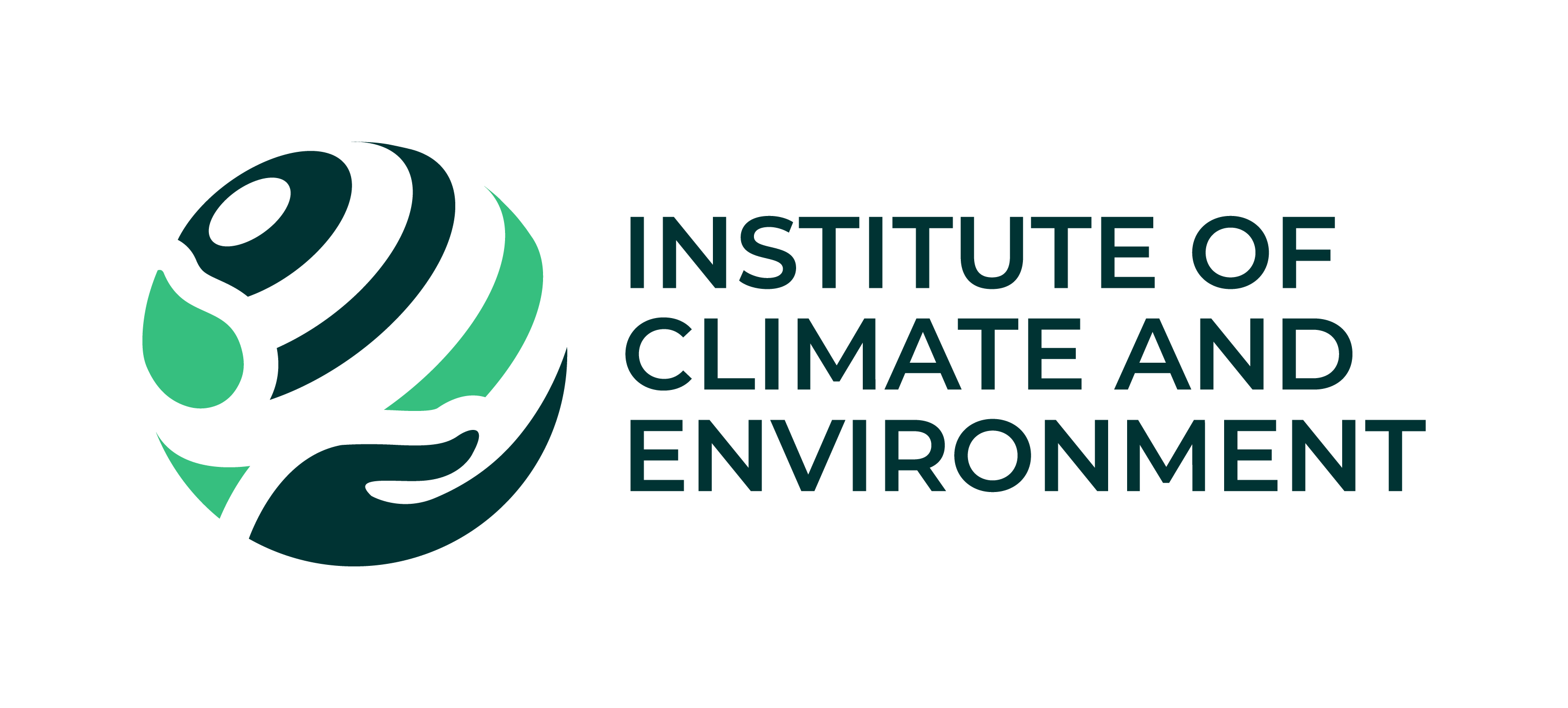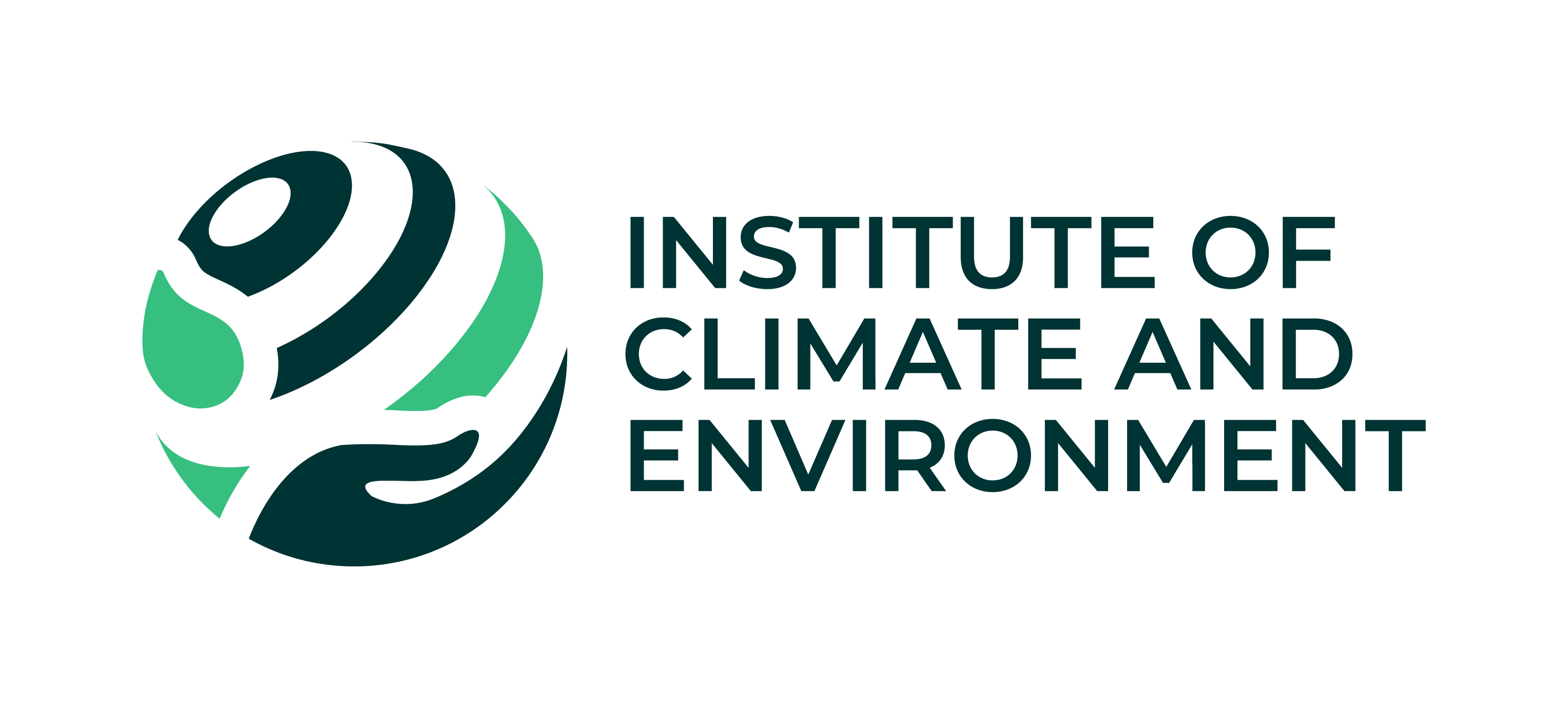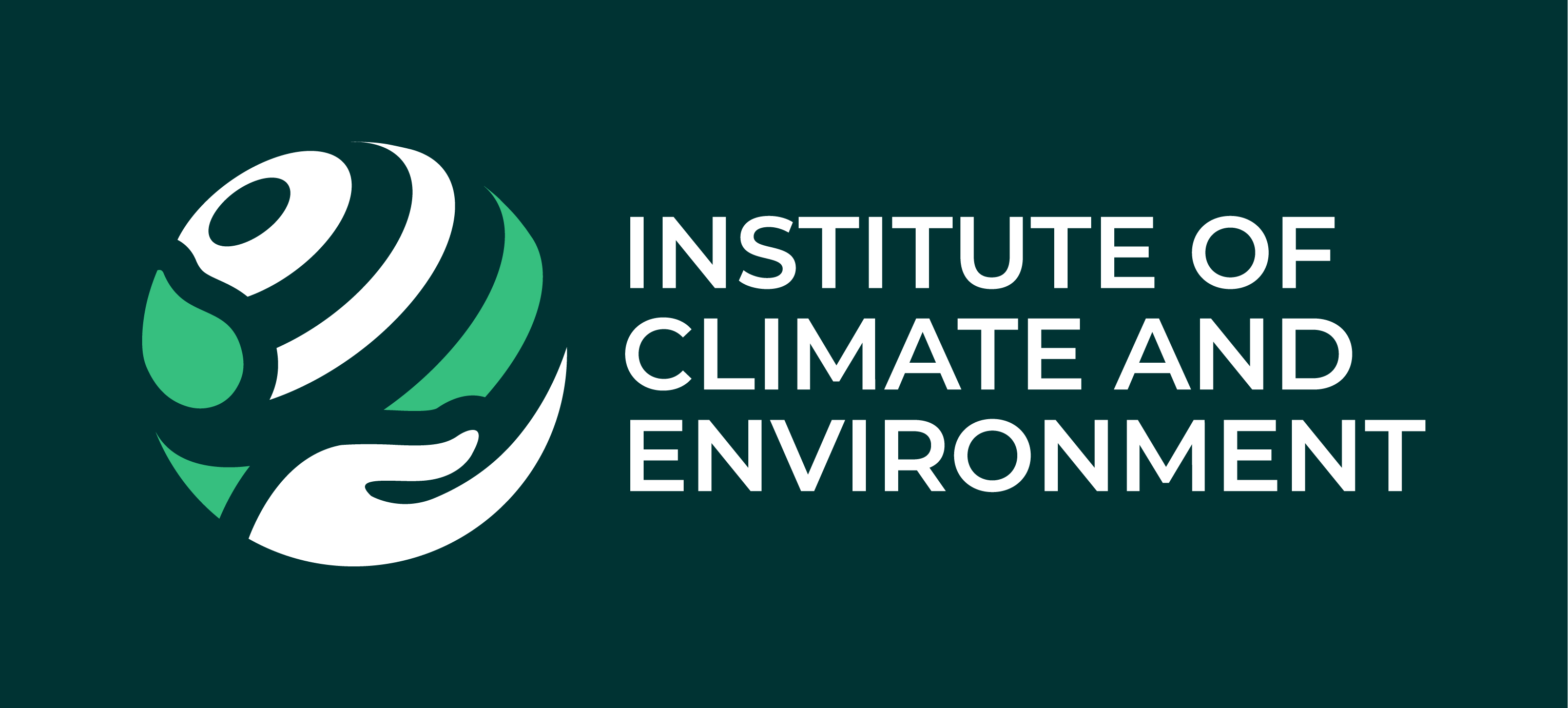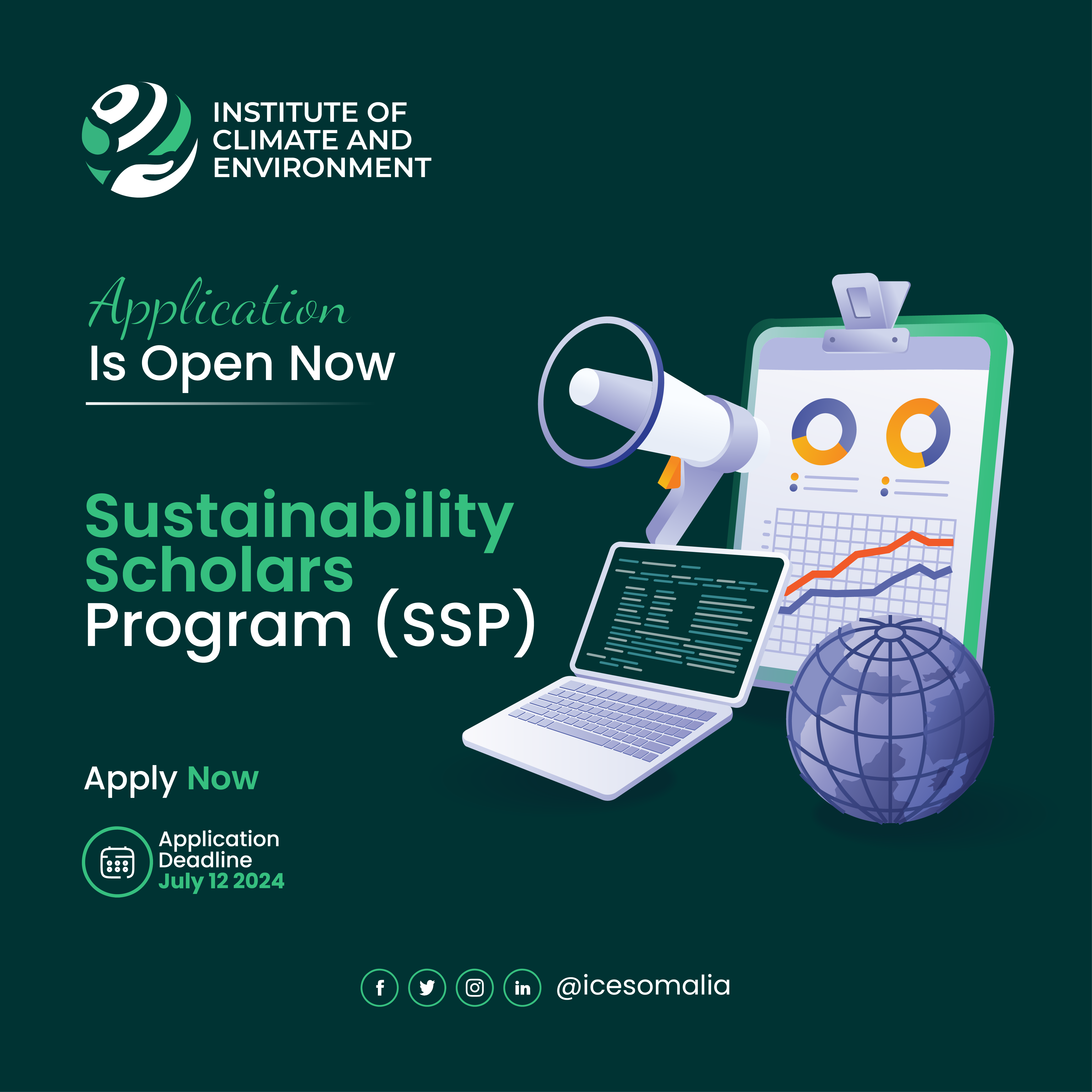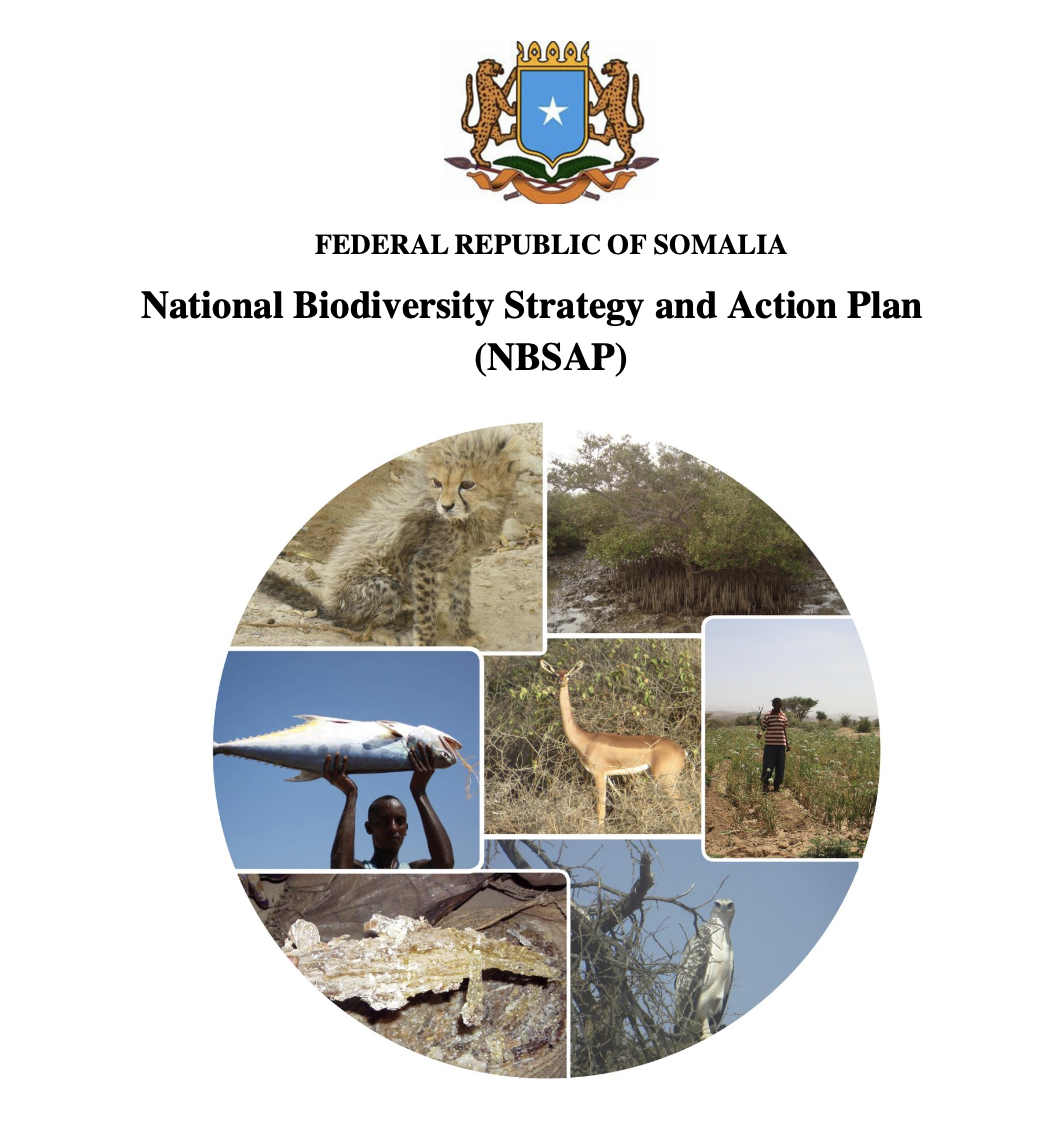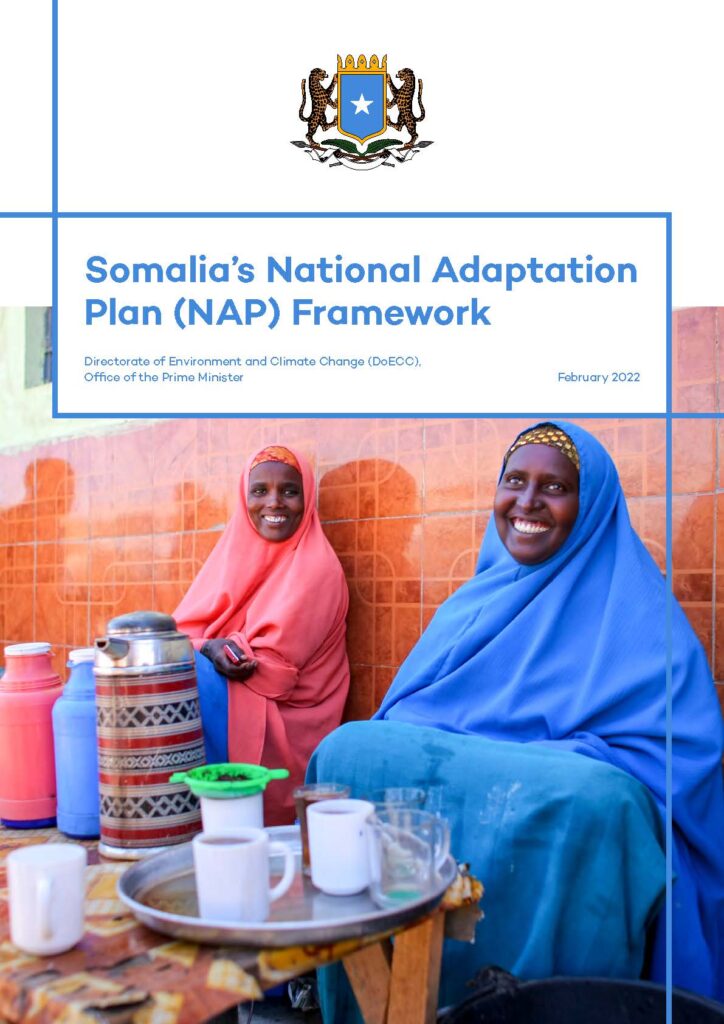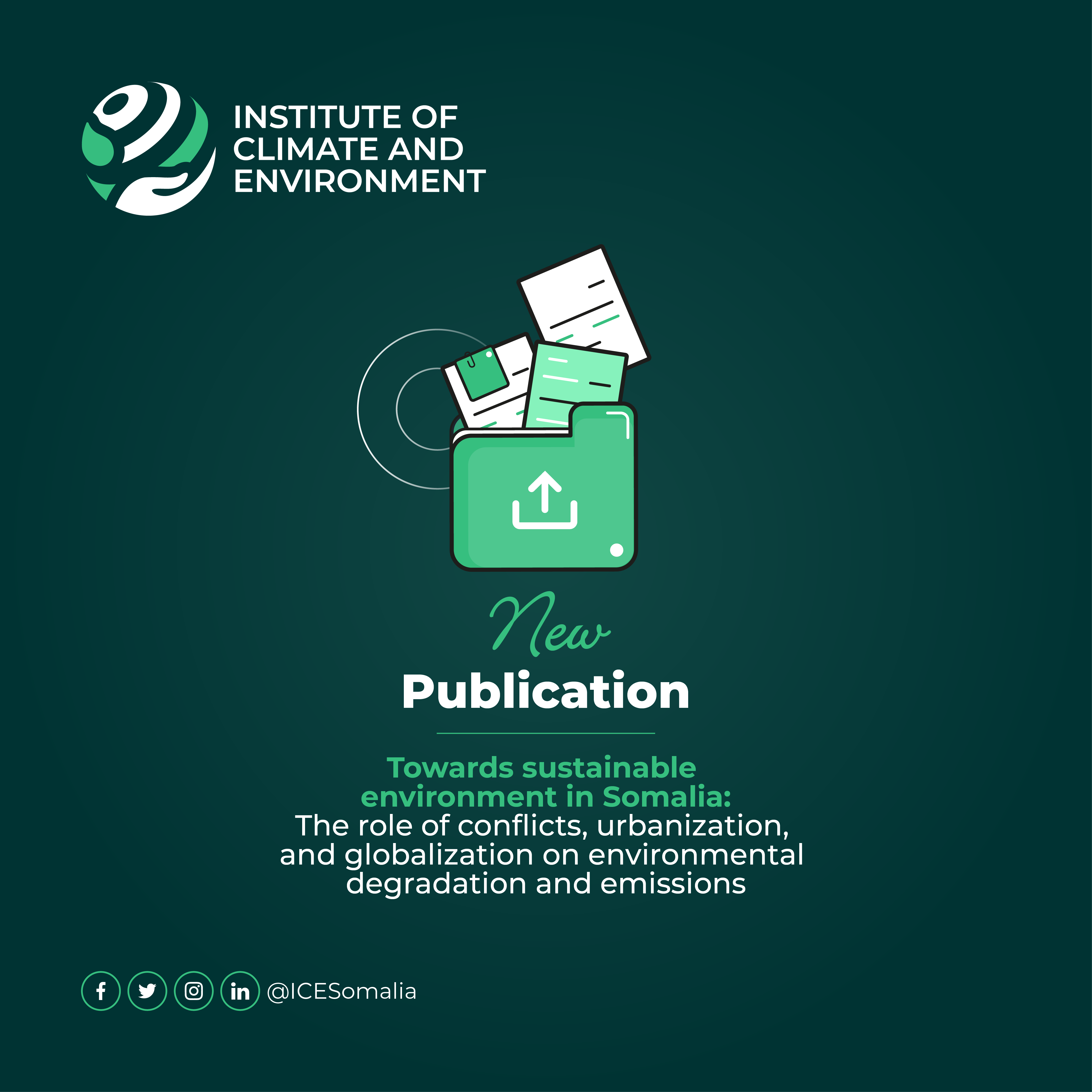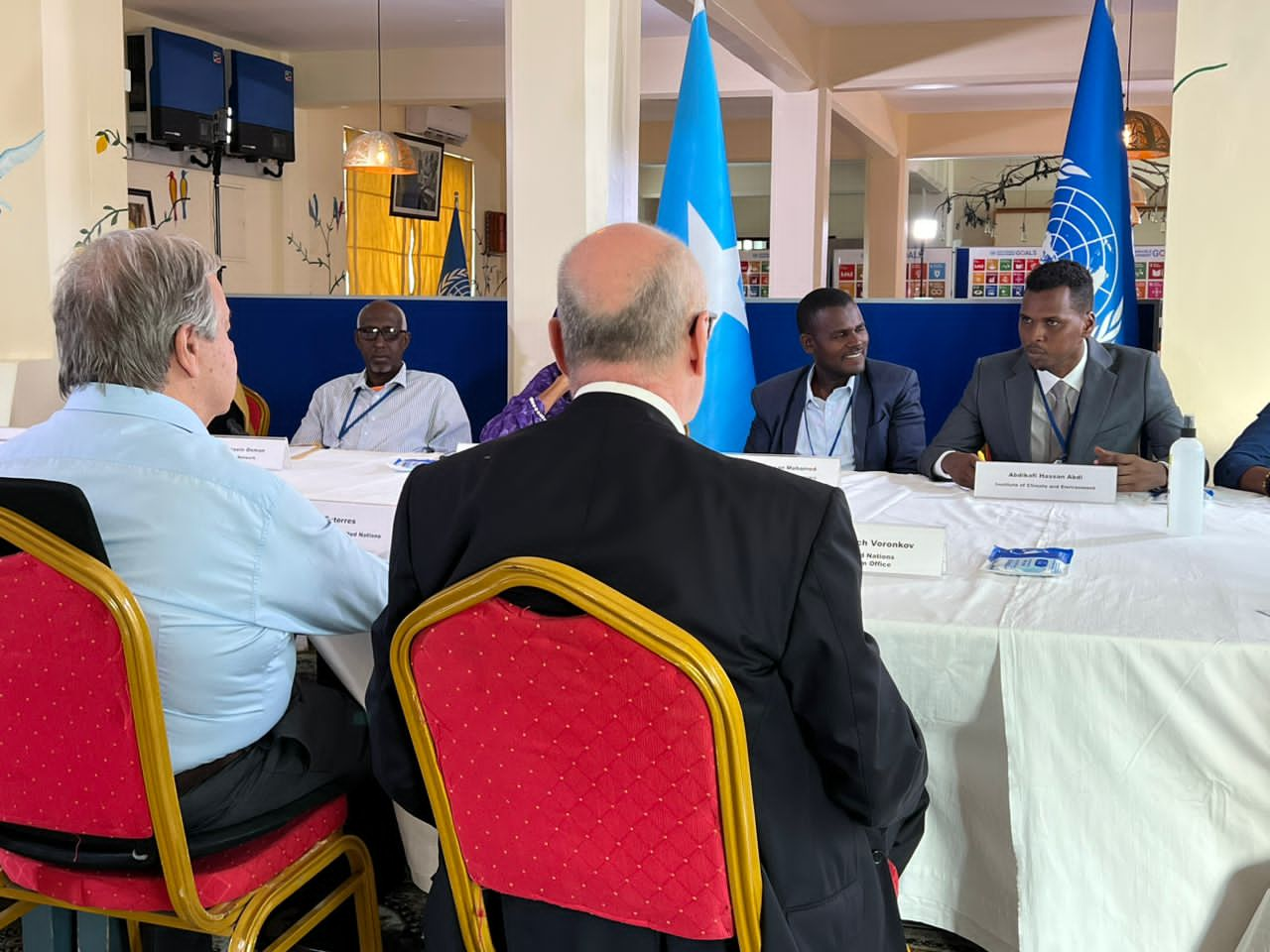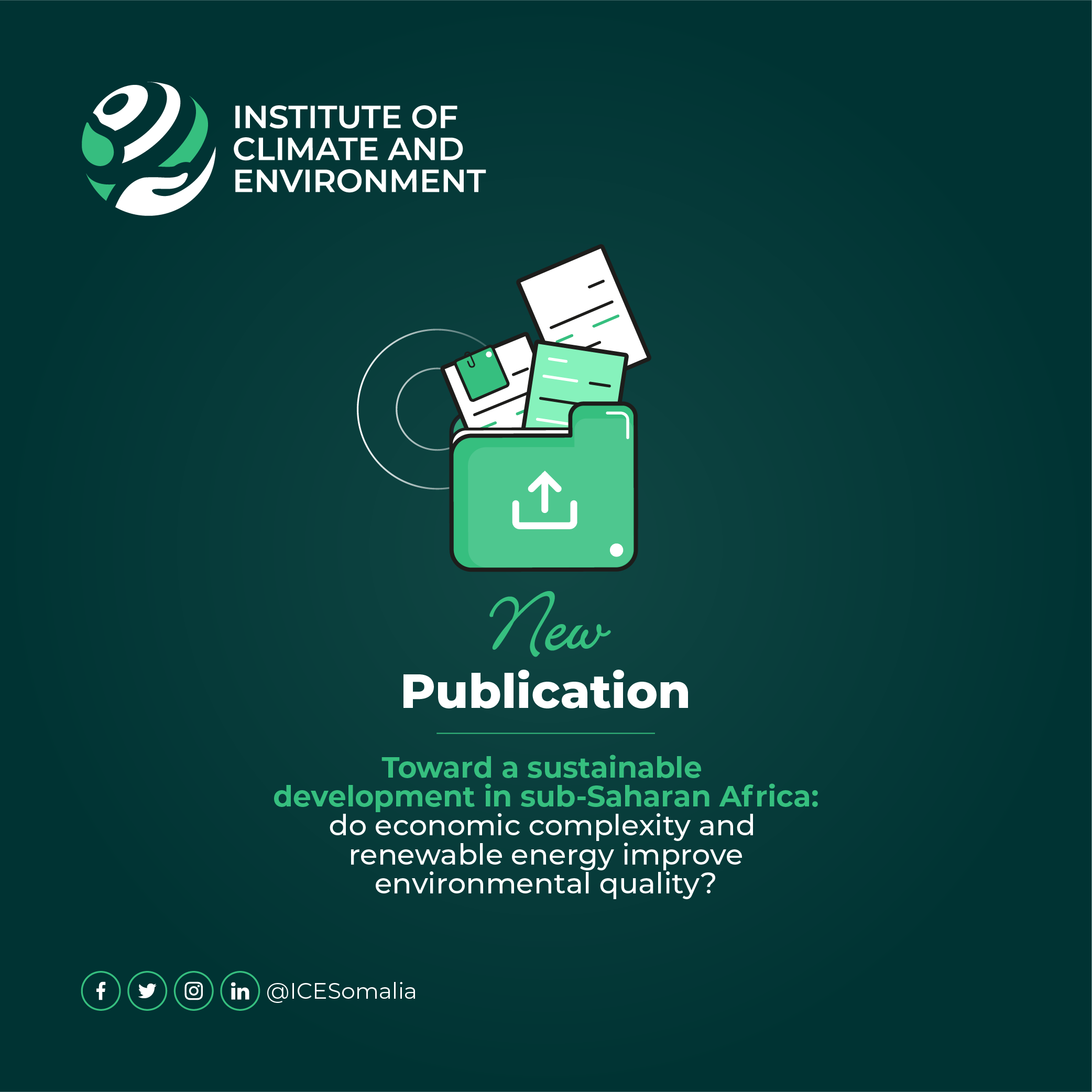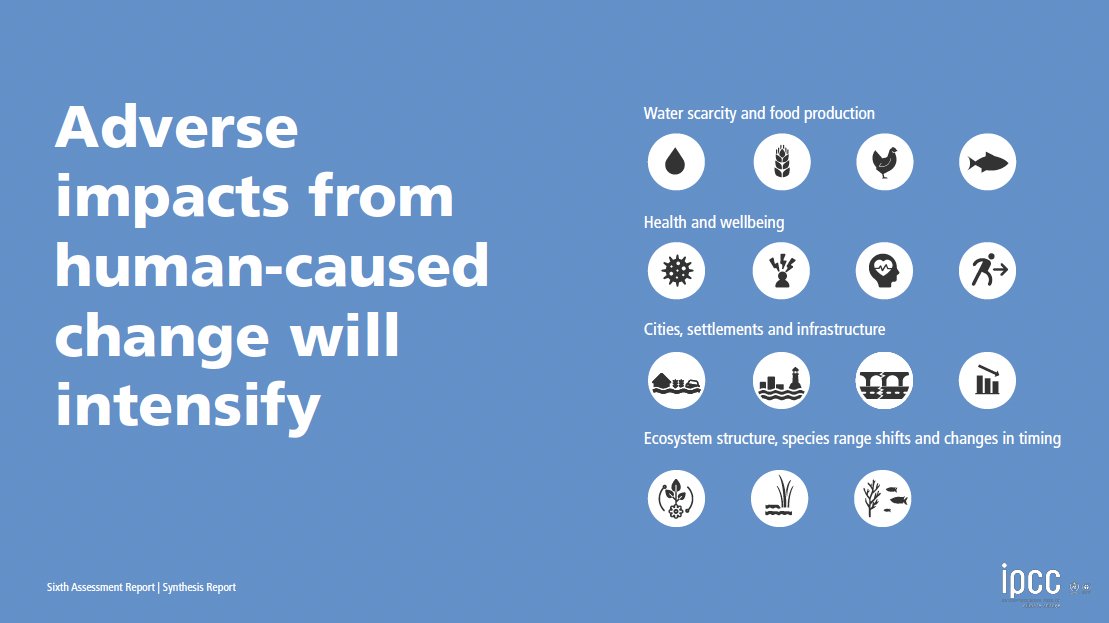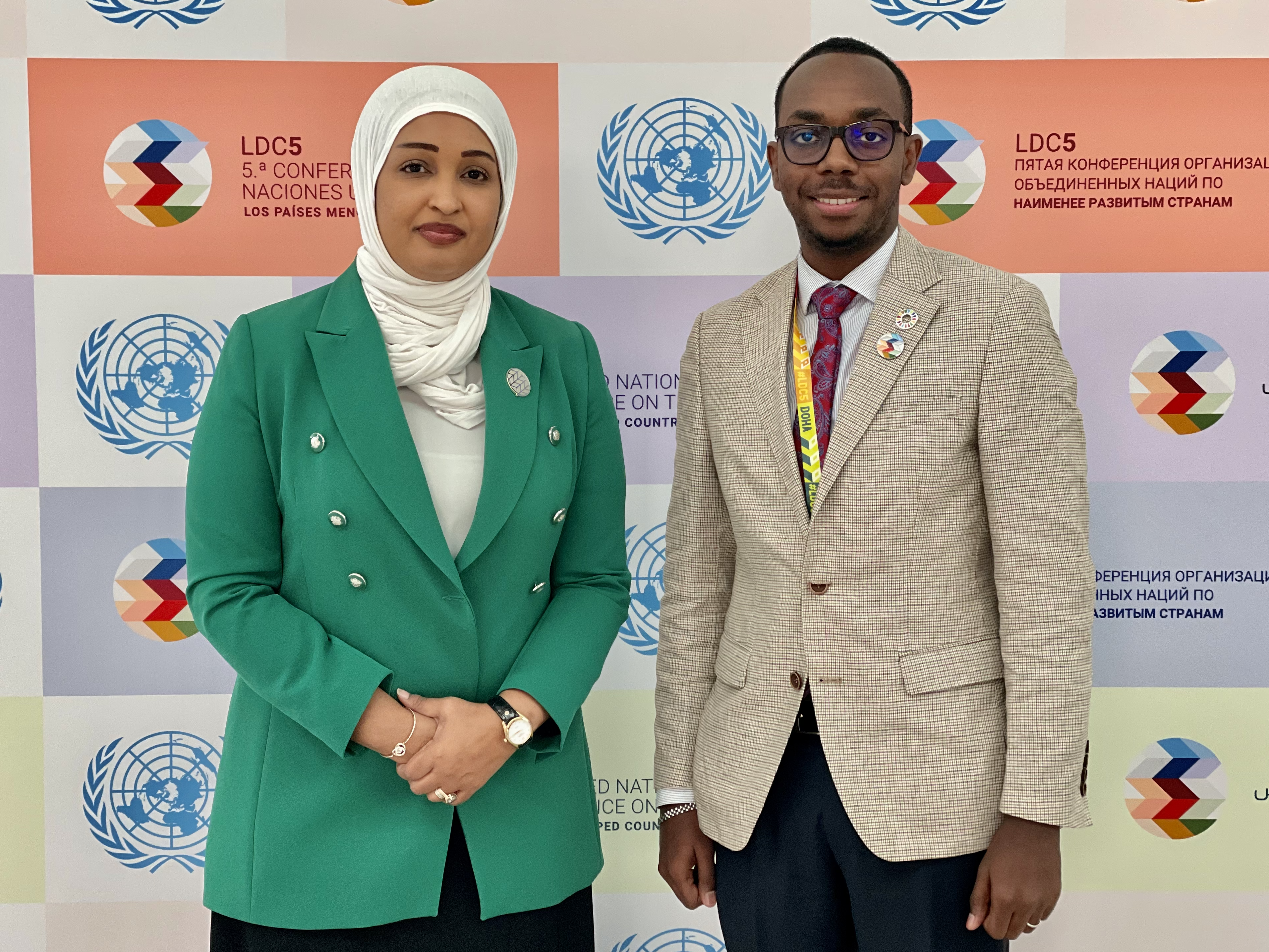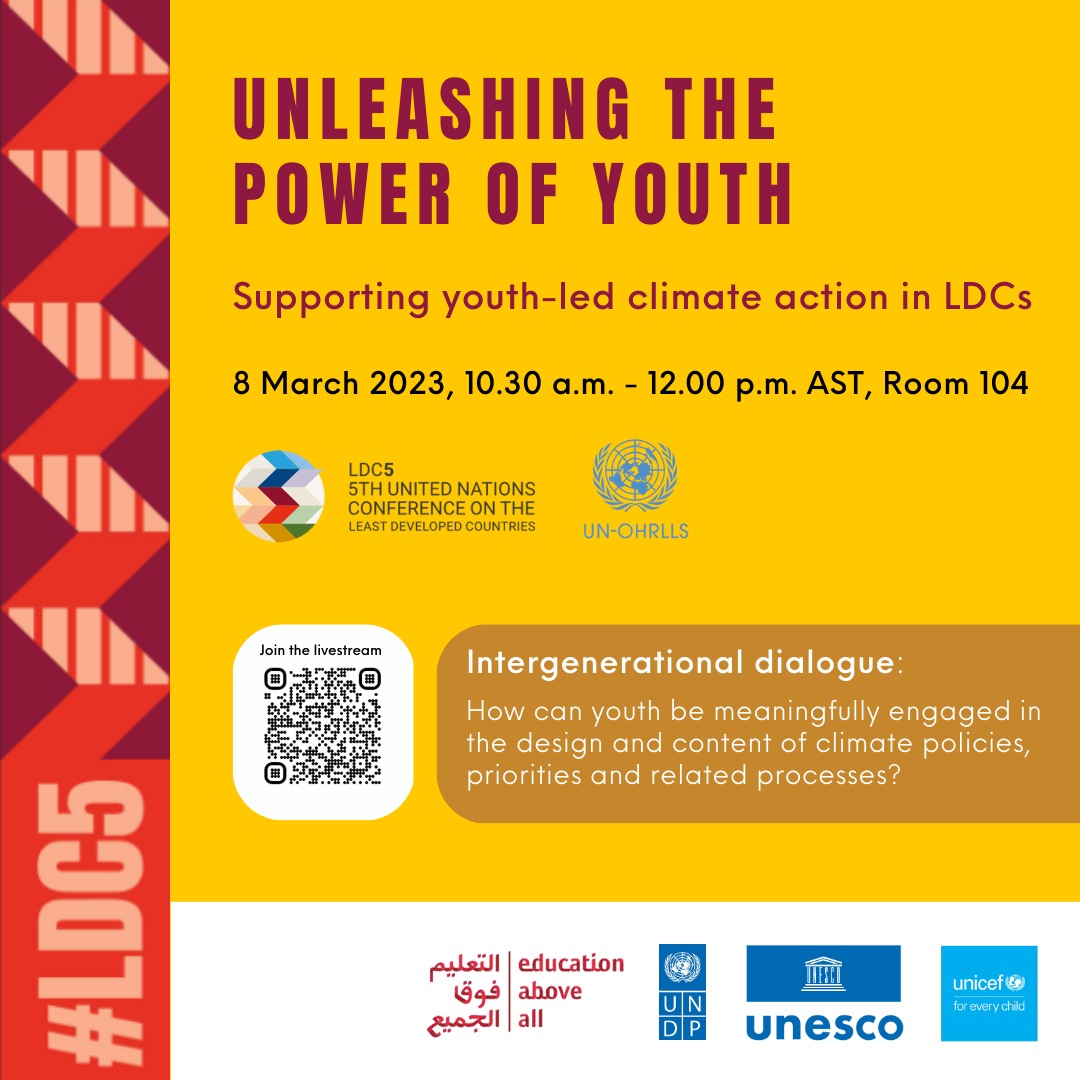Call for Application: Sustainability Scholars Program (SSP)
The Institute of Climate and Environment (ICE) at SIMAD University is delighted to introduce the Sustainability Scholars Program (SSP) , a pioneering initiative to address the critical issues of climate change and environmental degradation in Somalia. The SSP program is a grant-based funding opportunity that seeks to bring together a network of talented researchers, b
National Biodiversity Strategy and Action Plan
Somalia’s inaugural National Biodiversity Strategy and Action Plan (NBSAP) is aimed to establish a strategic framework for the systematic rehabilitation and conservation of the country’s biodiversity. It aims to promote sustainable utilization of biodiversity services and products while ensuring equitable distribution of benefits and responsibilities among
National Adaptation Plan (NAP) Framework
Somalia is facing significant challenges due to climate change and its associated variability. The country is highly vulnerable to the impacts of climate change, such as frequent and severe droughts and floods, which are compounding the existing fragility of the nation. In the absence of effective and well-coordinated response measures, these climate change effects ar
Kyoto Protocol
The Kyoto Protocol is a legally binding agreement under the United Nations Framework Convention on Climate Change (UNFCCC), which aims to reduce greenhouse gas emissions in order to mitigate the effects of climate change. The protocol was adopted in 1997 and went into effect in 2005. Under the protocol, industrialized countries, known as Annex 1 […]
Towards sustainable environment in Somalia: The role of conflicts, urbanization, and globalization on environmental degradation and emissions
In the past decade, mitigating the negative effects of global warming became a concern for policymakers across the world. Industrial activities and the consumption of fossil fuels are considered to be the main source of global environmental pollution. These emissions have contributed to climate change and the deterioration of the atmosphere, which impacted the welfare
Senior UN Leadership visit in Somalia amid harsh environmental conditions
In the face of challenging environmental circumstances in Somalia, the United Nations (UN) senior leadership visited the country to evaluate the situation and provide the necessary assistance to the afflicted people. Somalia, which is considered the second most vulnerable country to the impacts of climate change, has limited adaptation capacity to cope with the negati
Toward a sustainable development in sub‑Saharan Africa: do economic complexity and renewable energy improve environmental quality?
There is a trade-off between economic growth and environmental quality. Whenever there is economic growth, it is usually achieved at a cost to the environment because economic activities are associated with more energy consumption. Also, if we opt to preserve the environment by reducing the consumption of fossil fuels, that slows down the economic growth […]
IPCC: The sixth assessment Synthesis Report
The IPPC produced the sixth assessment report (AR6) on the current state of climate change, its impact and ways forward to tackle the crisis. Here is a summary of the IPCC Sixth Assessment Report (AR6) Synthesis Report: 1. The report states that human influence has warmed the climate at a rate that is unprecedented in […]
ICE Institute Concludes Successful Week at LDC5 in Doha
The Fifth United Nations Conference on the Least Developed Countries (LDC5) was held in Doha, Qatar from 4-9 March2023. The conference brought together representatives from the world’s least developed countries, as well as development partners, academia, and other stakeholders, to discuss the challenges and opportunities facing the LDCs and to develop a plan of
ICE Institute attends UN LDCs conference
The UN LDCs 5 Summit in Doha is a critical gathering of leaders and experts from around the world, aimed at addressing the challenges faced by the Least Developed Countries (LDCs). The Institute of Climate and Environment (ICE Institute) of SIMAD University from Somalia, led by our director, Mohamed Okash, is attending and speaking at […]
